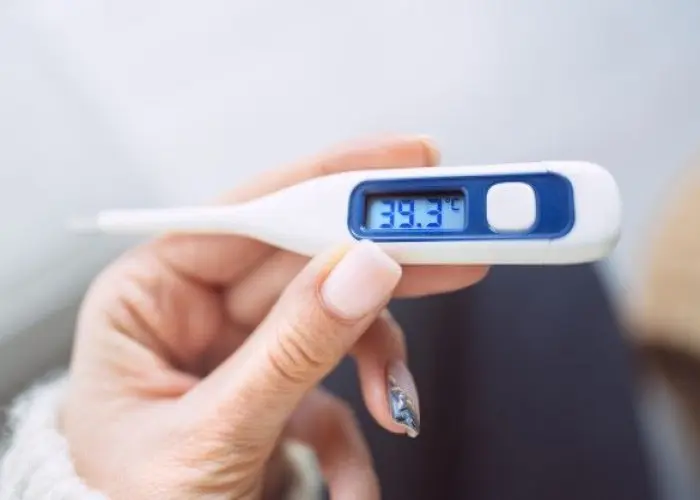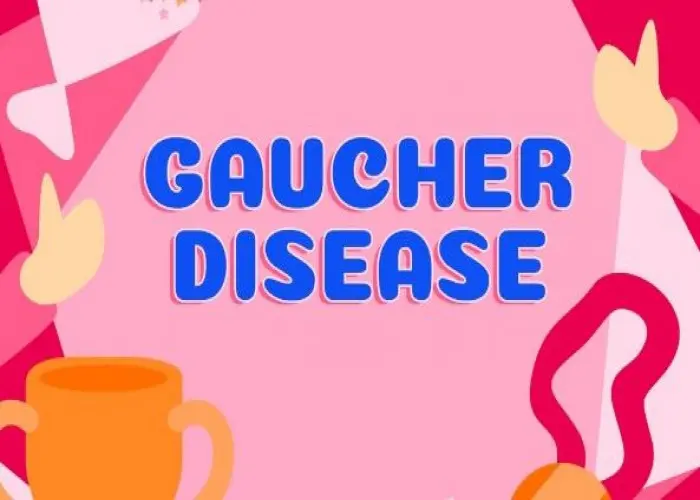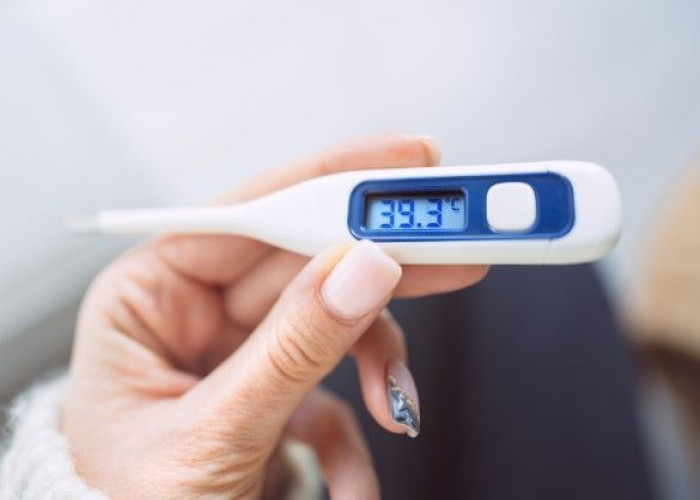 Welcome
Welcome
“May all be happy, may all be healed, may all be at peace and may no one ever suffer."
Fever

Fever is a medical condition in which the body temperature rises above its normal range. Normal body temperature ranges from about 97°F (36.1°C) to 99°F (37.2°C), but can vary slightly from person to person. A fever is generally defined as a body temperature above 100.4°F (38°C).
Fever is often a sign that the body is fighting an infection, such as a viral or bacterial infection. Other causes of fever can include inflammatory conditions, autoimmune disorders, and certain medications.
Fever is typically accompanied by other symptoms, such as chills, sweating, headache, muscle aches, and fatigue. In some cases, a high fever can lead to complications, such as dehydration, seizures, and confusion.
The treatment of fever depends on its underlying cause. In many cases, fever can be managed at home with rest, plenty of fluids and over-the-counter medications such as acetaminophen or ibuprofen to reduce fever and relieve other symptoms. However, it's important to seek medical attention if the fever is very high, lasts for more than a few days, or is accompanied by other concerning symptoms. Your healthcare provider may perform tests to determine the underlying cause of the fever and may prescribe medications or other treatments to help manage the symptoms and treat the underlying condition.
Research Papers
Disease Signs and Symptoms
- Excessive sweat
- Headaches
- Muscle pain
- Loss of appetite
- Irritability
- Dehydration
- Weakness
- Fever and chills
- Fever
Disease Causes
Fever
Fever occurs when an area in your brain called the hypothalamus (hi-poe-THAL-uh-muhs) — also known as your body's "thermostat" — shifts the set point of your normal body temperature upward. When this happens, you may feel chilled and add layers of clothing or wrap up in a blanket, or you may shiver to generate more body heat, eventually resulting in an elevated body temperature.
Normal body temperature varies throughout the day — it's lower in the morning and higher in the late afternoon and evening. Although most people consider 98.6 F (37 C) normal, your body temperature can vary by a degree or more — from about 97 F (36.1 C) to 99 F (37.2 C) — and still be considered normal.
Fever or elevated body temperature might be caused by:
- A virus
- A bacterial infection
- Heat exhaustion
- Certain inflammatory conditions such as rheumatoid arthritis — inflammation of the lining of your joints (synovium)
- A malignant tumor
- Some medications, such as antibiotics and drugs used to treat high blood pressure or seizures
- Some immunizations, such as the diphtheria, tetanus and acellular pertussis (DTaP) or pneumococcal vaccine
Sometimes the cause of a fever can't be identified. If you have a fever for more than three weeks and your doctor isn't able to find the cause after extensive evaluation, the diagnosis may be fever of unknown origin.
Disease Prevents
Fever
You may be able to prevent fevers by reducing exposure to infectious diseases. Here are some tips that can help:
- Wash your hands often and teach your children to do the same, especially before eating, after using the toilet, after spending time in a crowd or around someone who's sick, after petting animals, and during travel on public transportation.
- Show your children how to wash their hands thoroughly, covering both the front and back of each hand with soap and rinsing completely under running water.
- Carry hand sanitizer with you for times when you don't have access to soap and water.
- Try to avoid touching your nose, mouth or eyes, as these are the main ways that viruses and bacteria can enter your body and cause infection.
- Cover your mouth when you cough and your nose when you sneeze, and teach your children to do likewise. Whenever possible, turn away from others when coughing or sneezing to avoid passing germs along to them.
- Avoid sharing cups, water bottles and utensils with your child or children.
Disease Treatments
For a low-grade fever, your doctor may not recommend treatment to lower your body temperature. These minor fevers may even be helpful in reducing the number of microbes causing your illness.
Over-the-counter medications
In the case of a high fever, or a low fever that's causing discomfort, your doctor may recommend an over-the-counter medication, such as acetaminophen (Tylenol, others) or ibuprofen (Advil, Motrin IB, others).
Use these medications according to the label instructions or as recommended by your doctor. Be careful to avoid taking too much. High doses or long-term use of acetaminophen or ibuprofen may cause liver or kidney damage, and acute overdoses can be fatal. If your child's fever remains high after a dose, don't give more medication; call your doctor instead.
Don't give aspirin to children, because it may trigger a rare, but potentially fatal, disorder known as Reye's syndrome.
Prescription medications
Depending on the cause of your fever, your doctor may prescribe an antibiotic, especially if he or she suspects a bacterial infection, such as pneumonia or strep throat.
Antibiotics don't treat viral infections, but there are a few antiviral drugs used to treat certain viral infections. However, the best treatment for most minor illnesses caused by viruses is often rest and plenty of fluids.
Treatment of infants
For infants, especially those younger than 28 days, your baby might need to be admitted to the hospital for testing and treatment. In babies this young, a fever could indicate a serious infection that requires intravenous (IV) medications and round-the-clock monitoring.
Disease Diagnoses
Disease Allopathic Generics
-
Amoxicillin Trihydrate
250 mg 3 times a day for boys and girls. Adults 500mg 1 time 2/3 times a day.
Syrup 1/2 spoon 3 times a day.
-
Cephradine
Adults 1 250mg 6 hours after 5/7 days or 500mg 1 in the morning 1 evening 5/7 days after 8 hours.
-
Ciprofloxacin
1 to 2 times a day according to age. 1+0+1 makes 14 days.
-
Chloroquine Phosphate
First single dose is 4 pills 6 hours after 2 pills. From next day 1 pill daily 2 times a day for 3 days. In children, the dose should be determined according to the same rules according to age.
-
Promethazine Hydrochloride
For nasal allergies (runny nose) and abnormal accumulation of blood in any part of the body.
1 pill or 1/2, 1, 2 spoons 3 times a day according to age.
-
Pheniramine Maleate
For nasal allergies (runny nose) and abnormal accumulation of blood in any part of the body.
1 pill or 1/2, 1, 2 spoons 3 times a day according to age.
-
Loratadine
For nasal allergies (runny nose) and abnormal accumulation of blood in any part of the body.
Adults 1 pill daily at night. 1+0+1 in hard condition. 1/2 pill 1 time a day for 2-12 years or 1/2+0+1/2 in severe cases.
Cannot be given to children under 2 years of age.
-
Desloratadine
For nasal allergies (runny nose) and abnormal accumulation of blood in any part of the body.
1 daily.
-
Ketotifen Fumarate (Oral)
Antihistamines with ketotifen are given to patients who have a cold and have slight chest tightness or shortness of breath.
Adults take 1 tablet 1/2 time a day (1+0+1 in solid state).
Over 2 years, 1 spoon 1/2 time a day.
-
Xylometazoline Hydrochloride
Medicines containing xylometazoline hydrochloride or oxymetazoline for nasal congestion.
Adults 0.1% drops 2/3 drops in both nostrils 2/3 times a day.
Boys-Girls: 0.0% drop 1/2 drop 1/2 time a day.
They are not to be used for a long time.
-
Oxymetazoline Hydrochloride (Nasal Preparation)
Adults 1/2 drop every 8/12 hours in both nostrils, under 6 years 1 drop 8/12 hours every 3/4 days.
-
Ferrous Sulfate
If the patient feels weak after the fever is cured, any medicine like blood thinners and vitamin complex can be given to improve the general health.
1/2 teaspoon daily 3 times a day after meals.
-
Vitamin B complex
If the patient feels weak after the fever is cured, any medicine like blood thinners and vitamin complex can be given to improve the general health.
Consume 1/2 teaspoon 3 times a day after meals. Liquid vitamins are not needed if the food tastes good.
-
Multivitamin & Multimineral
If the patient feels weak after the fever is cured, any medicine like blood thinners and vitamin complex can be given to improve the general health.
1 daily after breakfast.
-
Paracetamol
Medicines containing paracetamol for children for headache, body ache and fever.
1/2, 1, 2 3 times a day.
-
Phenoxymethyl Penicillin [Penicillin V]
Medicines containing phenoxymethyl penicillin if the cold is accompanied by inflammation of the chest or throat or if the patient has a fever.
Disease Ayurvedic Generics
Disease Homeopathic Generics
-
Aconite
3X Strength Consume 2/3 drops every two hours. One drop in children.
-
Belladonna
30, 200 Shakti 4 times a day.
-
Ipecacuanha
6, 30 strength 3/4 drops 4 times a day.
-
Rhus toxicodendron
30 Shakti 2/3 drops 4 times a day.
-
Bryonia alba
30 Shakti 2/3 drops 4 times a day.
-
Eupatorium perfoliatum
30, 200 Shakti 2/3 drops 4 times a day.
-
Pulsatilla
6, 30 strength 2/3 drops every two hours.
-
Veratrum viride
6 strength 2 drops 3 times a day.
-
Gelsemium
30, 200, strength 2/3 drops 4 times a day.
Disease yoga
Fever and Learn More about Diseases

Toothache

Giant cell arteritis

Mitral valve stenosis

Bundle branch block

Dumping syndrome

Gaucher disease

Aortic valve stenosis

Restless legs syndrome
fever, জ্বর
To be happy, beautiful, healthy, wealthy, hale and long-lived stay with DM3S.
